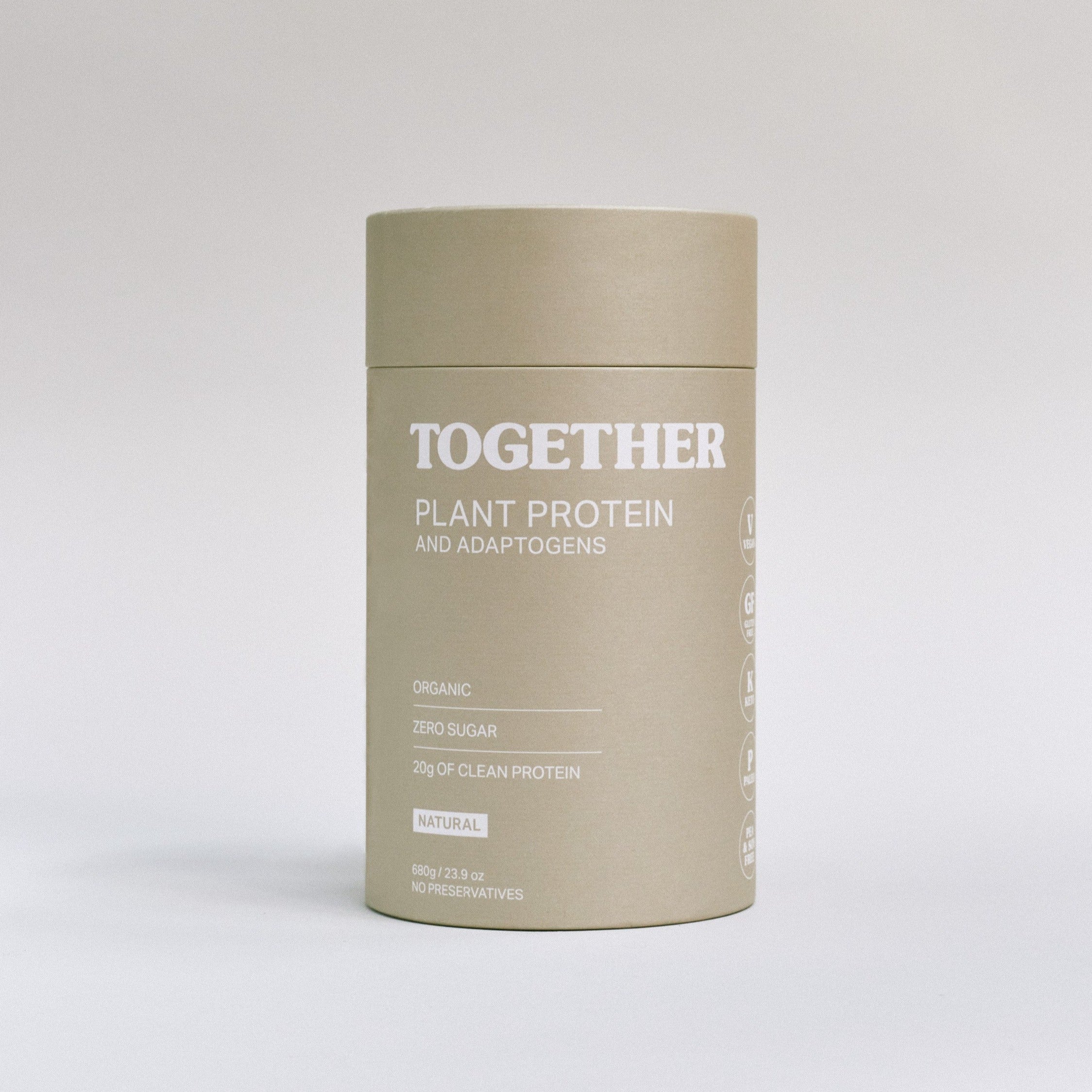Can Hemp Save The World?
Since hemp has been legalized, in Canada in 1998, and more recently in the USA with the 2018 Farm Bill, there has been a marketplace exploding with hemp-derived products - namely CBD products, and there have been a wide range of claims made touting the benefits of the Cannabis crop. Sometimes all this hype can lead to more confusion. To shed some light we thought we would explore some of the most exciting environmental benefits of the crop.

Firstly, hemp, or 'industrial hemp' refers to strains of the plant Cannabis Sativa with less than 0.3% THC, the psychoactive compound found in marijuana (though most marijuana strains have 20-30% or more THC content). As the name implies industrial hemp is grown for a variety of industrial uses ranging from food, to textiles, and construction materials. Hemp seeds and hemp hearts come from - you guessed it - the seeds of industrial hemp, and are a true superfood. CBD or cannabidiol is a compound that is found in the flowers and leaves of hemp crops as well as certain 'marijuana' strains.
Plant Solutions To Pollution
In our current culture of superfluous consumption we have created excessive amounts of pollution. Pollutants from industrial manufacturing, chemical-heavy farming practices, landfills, and toxic waste sites, as well as, automobiles have all contaminated our ecosystems, and damaged our soils, and watersheds. These systemic issues no doubt require a fast array of approaches and mitigation efforts, among them is the process of phytoremediation. Not an exclusive property of hemp specifically, though the hemp crop is a strong performer, phytoremediation is nature's way of removing contamination from soil and groundwater.

The term phytoremediation was coined by the scientist Ilya Raskin, part of a team that tested hemp’s ability to accumulate heavy metals from contaminated soil in fields near Chernobyl in the 1990s.

Hemp is considered a hyperaccumulator removing metals such as lead, cadmium, magnesium, chromium, and compared to other bioaccumulators, it requires much less time to accumulate contaminants, due to its rapid growing cycle and large biomass.
Hemp is also able to repair soils as it is naturally resistant to most pests and with dense growing patterns, it can naturally crowd out weeds negating the need for pesticides and herbicides.
While hemp used for phytoremediation of contaminated sites is not fit for consumption, the versatile crop can still be utilized for a multitude of environmentally friendly industrial purposes.

An interesting example of hemp phytoremediation in practice en masse is taking place in the Puglia region of Italy, where a steel plant caused nearby farms to become severely polluted with the heavy metal dioxin. For more on the Italian phytoremediation efforts read here.
Hemp truly is a miraculous plant, and has the potential to mitigate and heal much of the damage done to our environments, however, as with other commercial crops its cultivation should be done responsibly, as mass industrial cultivation of hemp poses the same threats of soil erosion, without proper regenerative farming practices in place.


